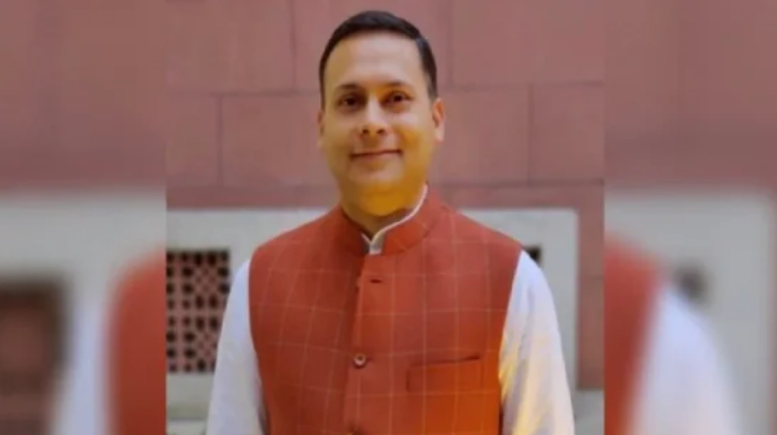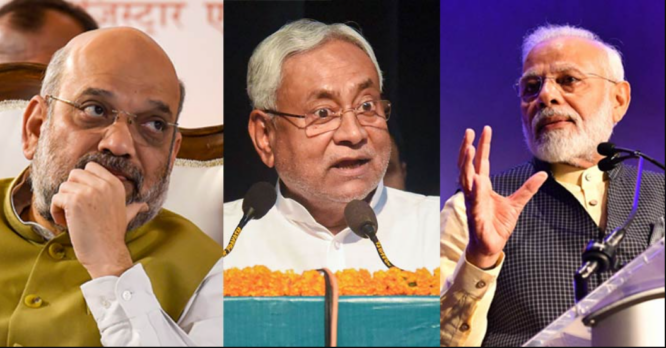Internet scams? They’re worsening. These cunning thieves continuously have new scams. They’re always creative!
A stranger scammed Delhi freelance journalist Ramesh Kumar Raja out of Rs 40,000 over the phone. The journalist claims the caller hypnotized him.
He convinced Raja to send Rs 20,000 twice using Paytm UPI. Raja said the caller sounded confident and distracted him, making him feel like he was losing his thinking skills.
“The caller pretended to be known to me and during the telephone conversation, he hypnotised me (diverted my mind and thought process) to get fraudulent transactions of Rs 40,000 in two phases of Rs 20,000 each from my bank account via Paytm UPI,” Raja told PTI

.
Delhi-based journalist loses Rs 40,000 in UPI scam
The caller claimed to know Raja and discussed their health and family. Raja inquired whether he was a doctor buddy, and the caller verified.”Since his voice resembled that of a friend of mine who is a doctor, I asked him if he was the one and he said, ‘Yes, now you have recognized me correctly’,” Raja recalled.
The caller then claimed he needed to deposit money into Raja’s account and would collect it from him later in the evening. He transferred Raja Rs 2 to start the transaction and urged him to click on a message he sent to his Paytm account, which needed a PIN.

Raja discovered Rs 2 was taken from his bank account. He followed the caller’s instructions and clicked on the second message, which cost Raja Rs 20,000. Raja apologized and sent another message after telling the caller about the deduction, losing another Rs 20,000.
After that, the caller excused Raja and hung up. Raja reported the incident to the Delhi Police on April 25 and described the March 7 crime. A police inspector denied Raja’s allegation, saying this was a frequent online crime in which outsiders befriend victims and then defraud them.
Cyber specialists say this crime exploits people’s enthusiasm and friendliness. The case emphasizes caution while receiving unwanted phone calls and avoiding sharing personal or bank information.




